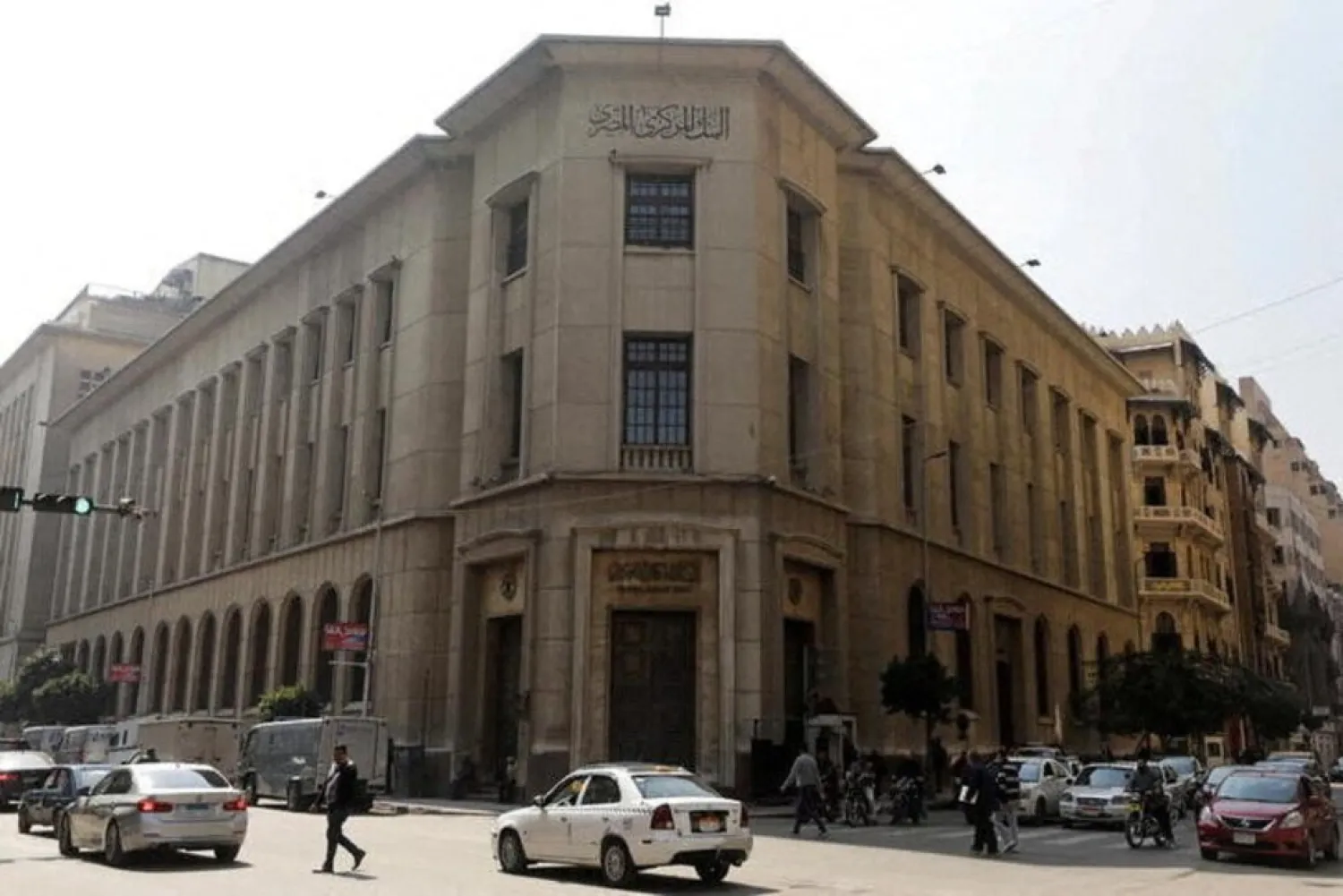The Central Bank of Egypt (CBE) kept its overnight interest rates steady on Thursday, hours after a new governor was named to replace Tarek Amer, who quit on Wednesday.
President Abdel Fattah al-Sisi appointed Hassan Abdalla as caretaker CBE governor on Thursday after Amer's resignation.
Analysts said the CBE may have been conservative after the change of governor, even as Egypt's economy grew faster than expected in the 2021/22 fiscal year and inflation surged.
The CBE's Monetary Policy Committee (MPC) said it left its lending rate unchanged at 12.25% and its deposit rate at 11.25%, Reuters reported.
"The MPC decided that keeping policy rates unchanged remains consistent with achieving price stability over the medium term," it said in a statement accompanying the rates decision.
A Reuters poll of 15 analysts taken prior to Amer's resignation had expected a half a percentage point increase.
"In its decision to maintain policy rates unchanged today, the MPC takes note of its policy rate hikes in its previous meetings," the MPC added.
The central bank raised rates by 2 percentage points in May and 1 percentage point in March to combat inflation after Russia's invasion of Ukraine and US interest rate hikes.
"The committee likely wants to proceed cautiously during the transition period," said Sara Saada of CI Capital.
Egypt's gross domestic product grew by 6.2% in the fiscal year that ended on June 30, up from 3.3% a year earlier.
This was mainly driven by the private sector, particularly non-petroleum manufacturing, tourism, and trade, the MPC said, citing data from the first nine months of the fiscal year.
Inflation rose to 13.6% in July from 13.2% in June, its fastest since in March 2019.
At its last meeting on June 23, the MPC said that for the next six months it would tolerate elevated inflation, caused mainly by the Ukraine crisis, as the economy grows more slowly than expected.
"We expect no changes in the policy rates until the new CBE leadership settles in and takes stock of the situation," said Allen Sandeep of Naeem Brokerage.
Esraa Ahmed of Pharos said she believed the MPC left rates unchanged for fundamental reasons, including a gradual decrease in global commodity prices and less pressure on the budget.
"We had that view even before the change in governor," she said.









